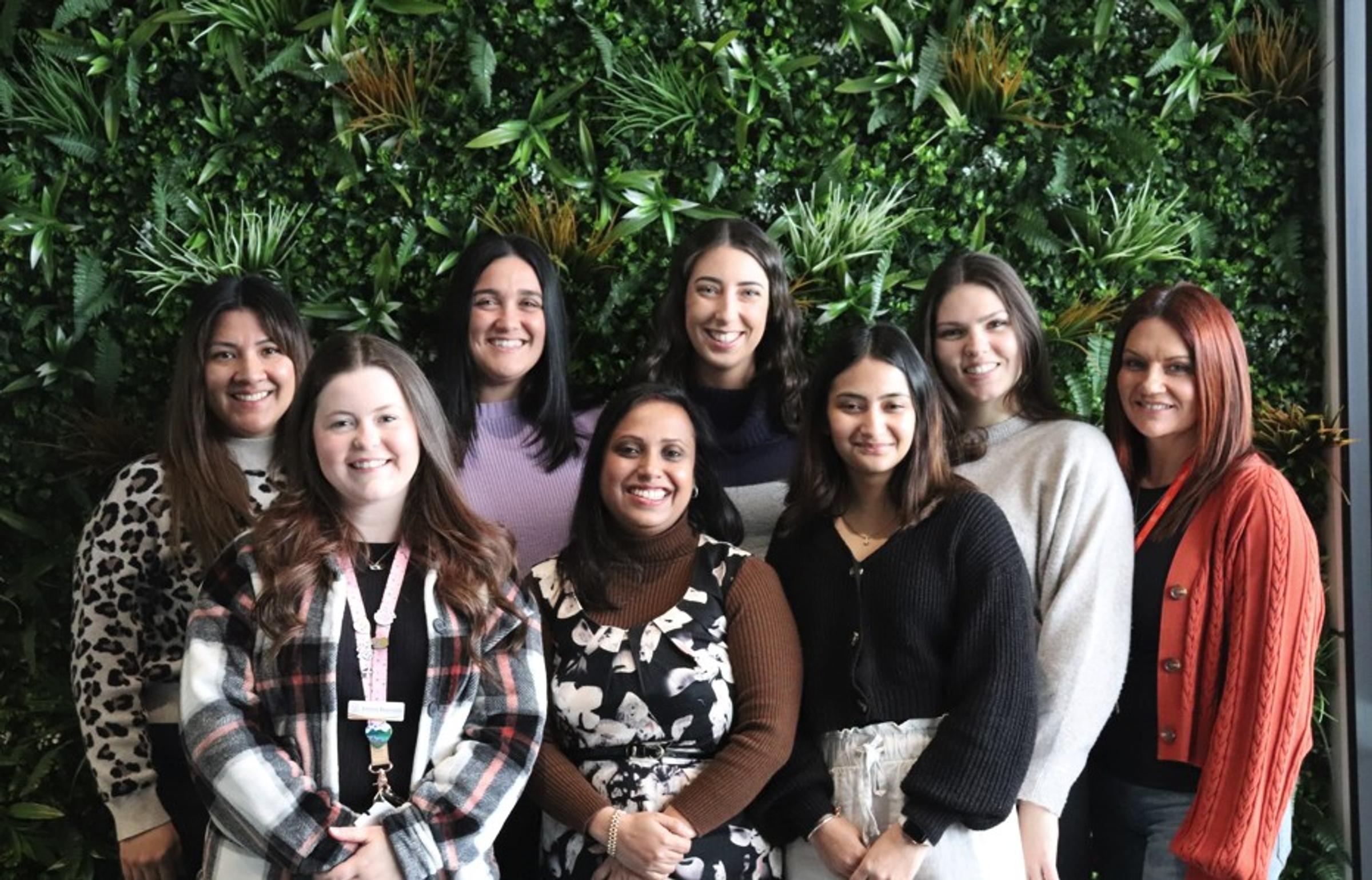Wellbeing

Each week we will introduce a new team member and provide some information on a different topic.
Meet Courtney Sanutullo - Wellbeing Education Support
Courtney is the Education Support within our team, located in the Wellbeing Hub. She has been at the College for almost 2 years, with a background of education in psychology and counselling. Courtney has a knowledge base to support our students to build resilience, express their thoughts and emotions, and promote a sense of belonging at our college.
She provides a unique space for students to feel valued and heard, conducting individual support, group work initiatives and engaging activities to promote connection. Courtney is passionate about promoting child and adolescent mental health awareness and support for students.
Information on Attention Deficit Hyperactivity Disorder (ADHD)
What is ADHD?
ADHD is a developmental disorder affecting a person’s ability to focus, pay attention and control impulses and behaviours. ADHD is thought to affect the way certain parts of our brain send and receive messages. ADHD can impact a students’ ability to focus on schoolwork.
Approximately 1 in 20 children in Australia experience ADHD.
Some people with ADHD can be creative and adventurous, can excel in problem solving skills and think outside of the box. People with ADHD will have their own unique set of strengths, skills and challenges, and find ways to thrive in their personal and student lives.
Signs and symptoms to look out for
We can all find it difficult to pay attention, sit still or control our behaviors are some points in our day. However, for those with ADHD, these difficulties can become constant and impact on learning, and other areas of their lives.
ADHD symptoms are sorted into three key areas. Children with ADHD do not have to have all three key areas.
- Inattention
- Impulsivity
- Hyperactivity
Inattention
You might notice people experiencing inattention find it hard to focus for a long period of time, might forget important tasks needing to be done, or have trouble following instructions. Inattention can lead to unfinished tasks and individuals can become easily tired from concentrating for a longer period of time.
Impulsivity
Impulsivity refers to an intense drive to do something. Individuals may have difficulty stopping themselves from doing something, even if they know it is not a good idea. Feeling frustrated about waiting, interrupting others, acting or speaking without thinking first and not planning ahead are all signs of impulsivity.
Hyperactivity
Hyperactivity is when someone feels restless and fidgety, unable to sit still. Someone with hyperactivity might also have an urge to talk and move around a lot.
How is ADHD diagnosed?
A diagnosis must be completed by a trained and experienced health professional. If you are concerned about your child, or want to explore a diagnosis, see your GP (doctor). They can organise a referral to a paediatrician or child psychologist who will be able to assess your child.
There are a range of treatments and strategies families have access to support their child.
ADHD - Ways to support children at home and school provides a list of strategies to use at home and support your child in school. You may explore medication and other therapeutic approaches. Therapeutic approaches can assist students in understanding how they behave, what they feel and the impact of how they act, creating personalised goals and highlighting strengths.
Some things you can do to help at home could be
- Getting enough sleep
- Stay active
- Eat well
- Stay connected with family and friends
- Try creating a routine
- Find your own way to get organised
- Know the patterns
- Finding the skills that help you
Knowing your strengths
Strengths are things that we’re good at and come naturally to us. We all have our own unique strengths. We might be creative, enthusiastic, or have lots of energy. Or we might be funny, good at problem solving, or have a great imagination. Knowing our strengths can help us focus on the wonderful, unique people we are.
Getting Support
It is normal to feel like you need support for yourself and your child. Communicating with others like friends, family, teachers or partners may feel scary, but can help. Seeing your GP or a health professional, accessing headspace centers or talking to your GP are great ways to access support.
Factsheet for these living with ADHD
If you wish to read further information:
Jordan O'Connor
School Psychologist

